Haiti's Transitional Council (CPT) officially ousted Prime Minister Garry Conille on November 10, after only five months in power, and appointed a new successor on November 11.
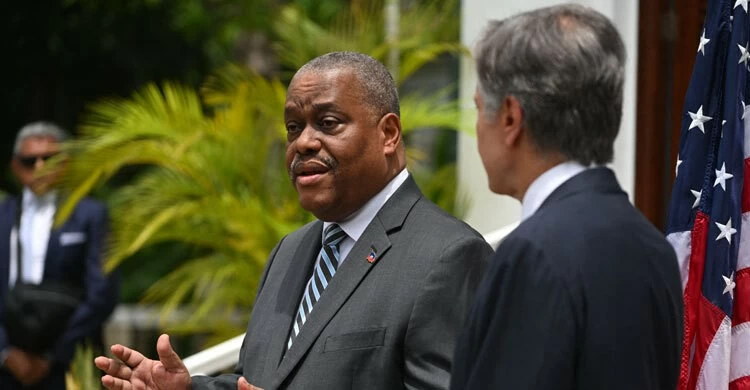 |
| Mr. Garry Conille (left) lost his position as Prime Minister of Haiti after 5 months in power. (Source: AFP) |
The Haitian Times reported that businessman Alix Didier Fils-Aimé, a former Senate candidate supported by the Verite political party, was appointed as the new Prime Minister. His inauguration took place on November 11 (local time) and the new government was formed shortly thereafter.
The decision to depose Prime Minister Conille was signed by eight of the nine members of the CPT.
According to local press reports, the conflict between Mr. Conille and the CPT has increased over the past week, when the CPT proposed replacing leaders in the fields of justice, finance, defense and health , but was opposed by Mr. Conille.
For his part, Mr. Conille, 58 years old, a seasoned UN development expert, also asked three members of the CPT to resign due to corruption allegations.
In response to the dismissal decision, Mr. Conille accused the CPT of violating democratic principles and the legitimacy of the decision, and said that this move could have serious consequences for the future of Haiti. Mr. Conille warned the national press not to publish the CPT decree.
In a letter to Le Moniteur newspaper, he argued that the CPT had no authority to remove him from office, and that only the Haitian National Assembly could do so. However, Haiti is currently without a legislature because the Caribbean island nation has not held elections since 2016.
Under normal circumstances, the Haitian Constitution provides that the National Assembly, not the interim council, holds the power to replace the prime minister. However, with no National Assembly and no democratically elected leadership, the CPT has managed Haiti's transition to stability and elections.
Haiti is currently without a legislature, with the Caribbean island nation having not held elections since 2016. Gang violence has become increasingly serious in recent years, especially in the capital Port-au-Prince, where criminal gangs now control about 80% of the area.
According to UN estimates, more than 4,200 people have been forced to flee their homes after violence escalated around the capital Porte-au-Prince since October 17, most of them taking refuge in temporary camps in schools, churches and health centers.
Violence in the Latin American country has displaced some 700,000 people and left more than 5 million facing starvation.
Source: https://baoquocte.vn/haiti-xung-dot-quyen-luc-voi-hoi-dong-chuyen-tiep-ong-conille-mat-chuc-thu-tuong-sau-5-thang-nam-quyen-ai-ke-nhiem-293428.html






![[Photo] General Secretary To Lam visits Long Thanh International Airport Project](https://vphoto.vietnam.vn/thumb/1200x675/vietnam/resource/IMAGE/2025/11/13/1763008564398_vna-potal-tong-bi-thu-to-lam-tham-du-an-cang-hang-khong-quoc-te-long-thanh-8404600-1261-jpg.webp)






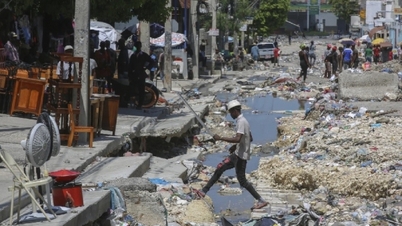

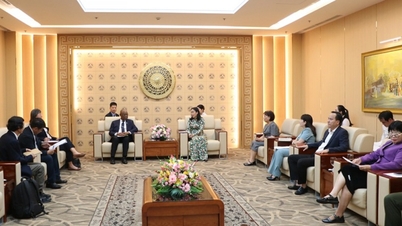










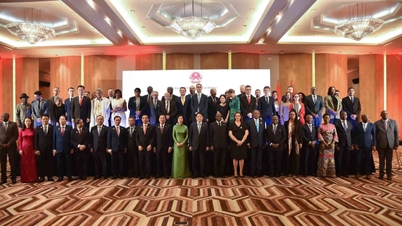
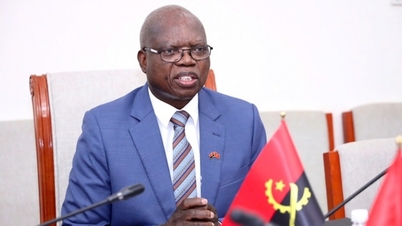


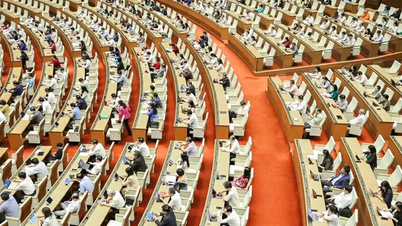








































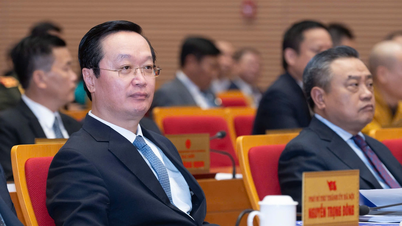




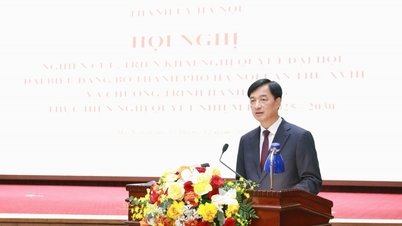




















![Dong Nai OCOP transition: [Article 3] Linking tourism with OCOP product consumption](https://vphoto.vietnam.vn/thumb/402x226/vietnam/resource/IMAGE/2025/11/10/1762739199309_1324-2740-7_n-162543_981.jpeg)







Comment (0)